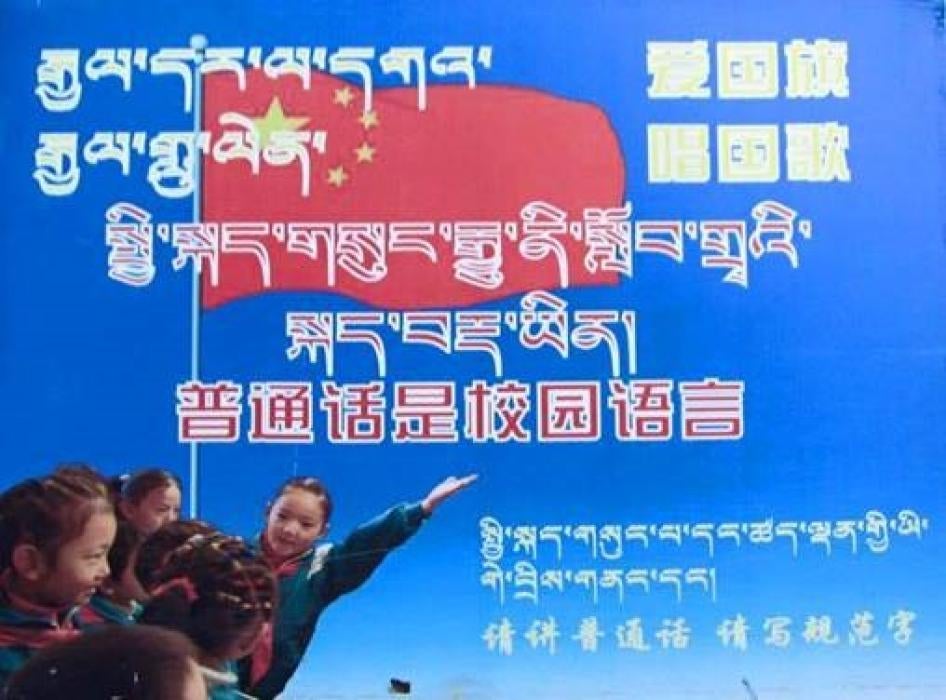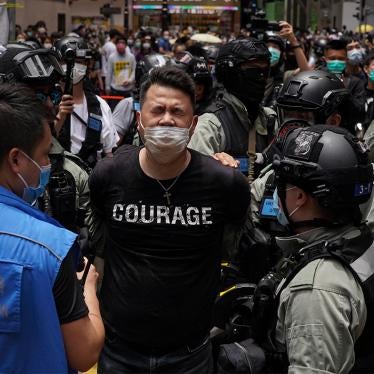On Thursday, Tibetan language education rights campaigner Tashi Wangchuk returned home after serving a five-year sentence for allegedly “inciting separatism.” Now, not only is he unlikely to be allowed to resume his advocacy work, but Chinese authorities have just taken additional steps to undermine efforts in China to preserve mother-tongue education.
Last week, Shen Chunyao, head of the rubber-stamp parliament’s Legislative Affairs Commission, announced that local regulations that allow schools to use minority languages in classes are “incompatible with the Chinese Constitution.” This is yet another serious blow to mother-tongue education – not to mention language, diversity, and cultural rights – in China.
In the reform era of the 1980s, minorities were able to study in their mother tongues. But since President Xi Jinping’s rise to power in the 2010s, and his vision to build a Han-centric “China Dream,” his government has marginalized these languages in schools. In Tibet, this policy, which authorities euphemistically call “bilingual education,” mandates that schools as early as kindergarten increasingly replace Tibetan with Mandarin Chinese as the medium of instruction. Children are taught the local language only as the subject of a single class. Efforts by minority communities to push back, even just to open a minority-language kindergarten, have landed advocates in prison.
Xi’s regressive language policy reflects the deepening repression in minority areas. It also contravenes China’s obligations under international human rights treaties, such as the Convention on the Rights of the Child, which China ratified in 1992. The convention guarantees children’s rights to participate in cultural life, including the right to use and teach minority languages.
Concerned governments and United Nations bodies, notably the United Nations Educational, Scientific and Cultural Organization (UNESCO), should not only call on Chinese authorities to reverse policies inimical to mother-tongue education. They should also press for heightened scrutiny of China’s deteriorating human rights record by establishing a standing United Nations monitor. Otherwise, it may soon be too late to support cultures under threat and preserve China’s rich heritage of linguistic diversity.










